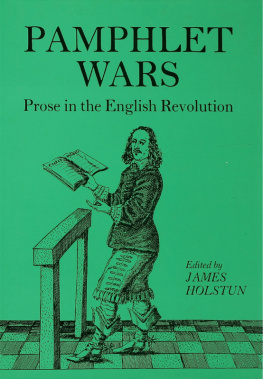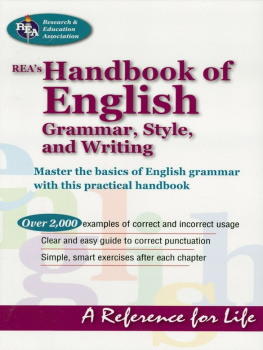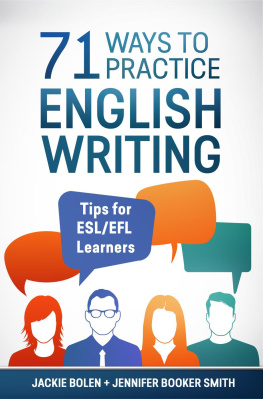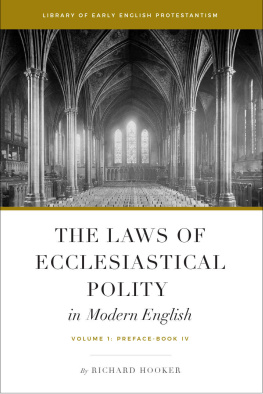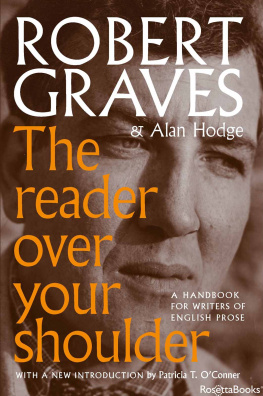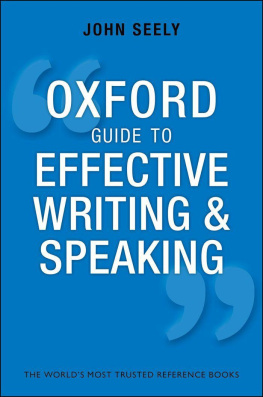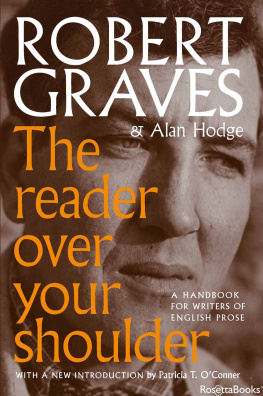THE OXFORD HANDBOOK OF
ENGLISH PROSE
15001640
THE OXFORD HANDBOOK OF
ENGLISH PROSE
15001640
Edited by
ANDREW HADFIELD


Great Clarendon Street, Oxford, OX 2 6 DP ,
United Kingdom
Oxford University Press is a department of the University of Oxford.
It furthers the Universitys objective of excellence in research, scholarship,
and education by publishing worldwide. Oxford is a registered trade mark
of Oxford University Press in the UK and in certain other countries
Oxford University Press 2013
The moral rights of the author have been asserted
First Edition published in 2013
Impression: 1
All rights reserved. No part of this publication may be reproduced, stored in
a retrieval system, or transmitted, in any form or by any means, without the
prior permission in writing of Oxford University Press, or as expressly permitted
by law, by licence or under terms agreed with the appropriate reprographics
rights organization. Enquiries concerning reproduction outside the scope of the
above should be sent to the Rights Department, Oxford University Press, at the
address above
You must not circulate this work in any other form
and you must impose this same condition on any acquirer
British Library Cataloguing in Publication Data
Data available
ISBN 9780199580682
Printed in Great Britain by
CPI Group Ltd, Croydon, CR0 4YY
Links to third party websites are provided by Oxford in good faith and
for information only. Oxford disclaims any responsibility for the materials
contained in any third party website referenced in this work.
A CKNOWLEDGEMENTS
My thanks are due to a number of people and institutions who helped make this work possible. The research committee in the School of English, University of Sussex, provided support and money for the illustrations; The Bodleian Library, Oxford, supplied pictures swiftly and efficiently; Amy Kenny laboured hard to produce the bibliography; the team at Oxford University Press have been reassuringly professional, a great support and a pleasure to work withthe volume was originally commissioned by Andrew McNeillie, and carried through by Jacqueline Baker, who also commented helpfully on the introduction, along with Ariane Petit and Rachel Platt; Jo North has been an excellent copy editor. Moreover, the contributors to the volume have been models of patience, as well as scholarly and critical expertise, reminding me how enjoyable a collaborative project such as this often can be.
For Mary Yarnold,
a great reader of prose
C ONTENTS
are reproduced with the kind permission of the British Library Board. All other figures are reproduced with the kind permission of the Bodleian Libraries, Oxford.
ODNB | Oxford Dictionary of National Biography |
OED | Oxford English Dictionary |
Gavin Alexander is University Senior Lecturer in the Faculty of English, University of Cambridge, and a Fellow of Christs College. His recent publications include Writing After Sidney: The Literary Response to Sir Philip Sidney, 15861640 (Oxford University Press, 2006); Sidneys The Defence of Poesy and Selected Renaissance Literary Criticism (Penguin Classics, 2004); Renaissance Figures of Speech (Cambridge University Press, 2007), co-edited with Sylvia Adamson and Katrin Ettenhuber; and numerous articles and book chapters on literary and musicological topics. An edition of The Model of Poesy by William Scott, a manuscript treatise on poetics from c.1600, is forthcoming from Cambridge University Press.
Rudolph P. Almasy is Professor of English at West Virginia University. His scholarly interest is sixteenth-century English religious polemical literature, and he has published on William Tyndale, John Bale, Anne Askew, John Knox, and Richard Hooker, as well as Phillip Sidney and William Shakespeare. At WVU, he has also served as Dean of the Eberly College of Arts and Sciences, as well as Dean of the Davis College of Agriculture, Natural Resources, and Design. His current scholarly project focuses on Knoxs exilic writings. He is an active member of the Society for Reformation Research.
Robert Appelbaum received his Ph.D. from the University of California, Berkeley, and is currently Professor of English Literature at Uppsala University, Sweden. His publications include Literature and Utopian Politics in Seventeenth-Century England (Cambridge University Press, 2002), Aguecheeks Beef, Belchs Hiccup and Other Gastronomic Interjections: Literature, Culture and Food Among the Early Moderns (University of Chicago Press, 2006), and Dishing It Out: In Search of the Restaurant Experience (Reaktion, 2011). A Leverhulme and AHRC Fellow, his most recent research focuses on terrorism and the literary imagination.
Gillian Austen did her research at Lincoln College, Oxford, and is currently a Visiting Fellow in the Department of English, University of Bristol. Her book George Gascoigne (Studies in Renaissance Literature, 24; D. S. Brewer, 2008) is the first on Gascoigne to discuss all of his work, including his illustrations. She has published several articles on Gascoigne, as well as other early Elizabethan authors, including Turberville and Whetstone. She convened three small-scale international conferences at Lincoln College, Oxford, under the title The Gascoigne Seminar, and is currently preparing a fully annotated Gascoigne Bibliography and editing the collection New Essays on George Gascoigne, both for AMS Press in New York.
Thomas Betteridge is Professor of Theatre at Brunel University. He has published numerous pieces on English Reformation drama, literature, and history. His books include Tudor Histories of the English Reformations (Ashgate, 1999), Literature and Politics in the English Reformation (Manchester University Press, 2004), and Shakespearean Fantasy and Politics (University of Hertfordshire Press, 2005). His monograph on Sir Thomas More will be published in 2013 by the University of Notre Dame Press. He is also co-editor, with Greg Walker, of The Oxford Handbook of Tudor Drama (Oxford University Press, 2012).
Joseph L. Black is Professor in the Department of English at the University of Massachusetts, Amherst. He has published on various aspects of Renaissance literature, pamphlet warfare, and book history, and his books include The Martin Marprelate Tracts (Cambridge University Press, 2008) and co-edited collections and anthologies: Private Libraries of Renaissance England, vol. 7 (MRTS, 2009), The Broadview Anthology of British Literature, vol. 2: The Renaissance and Early Seventeenth Century (Broadview, 2006), and The Broadview Anthology of Seventeenth-Century English Verse and Prose (Broadview, 2000). He is currently co-editing The Library of the Sidney Family of Penshurst Place and further volumes in the Private Libraries of Renaissance England series.
Gordon Braden is Linden Kent Memorial Professor of English at the University of Virginia. He is author of Renaissance Tragedy and the Senecan Tradition
Next page

